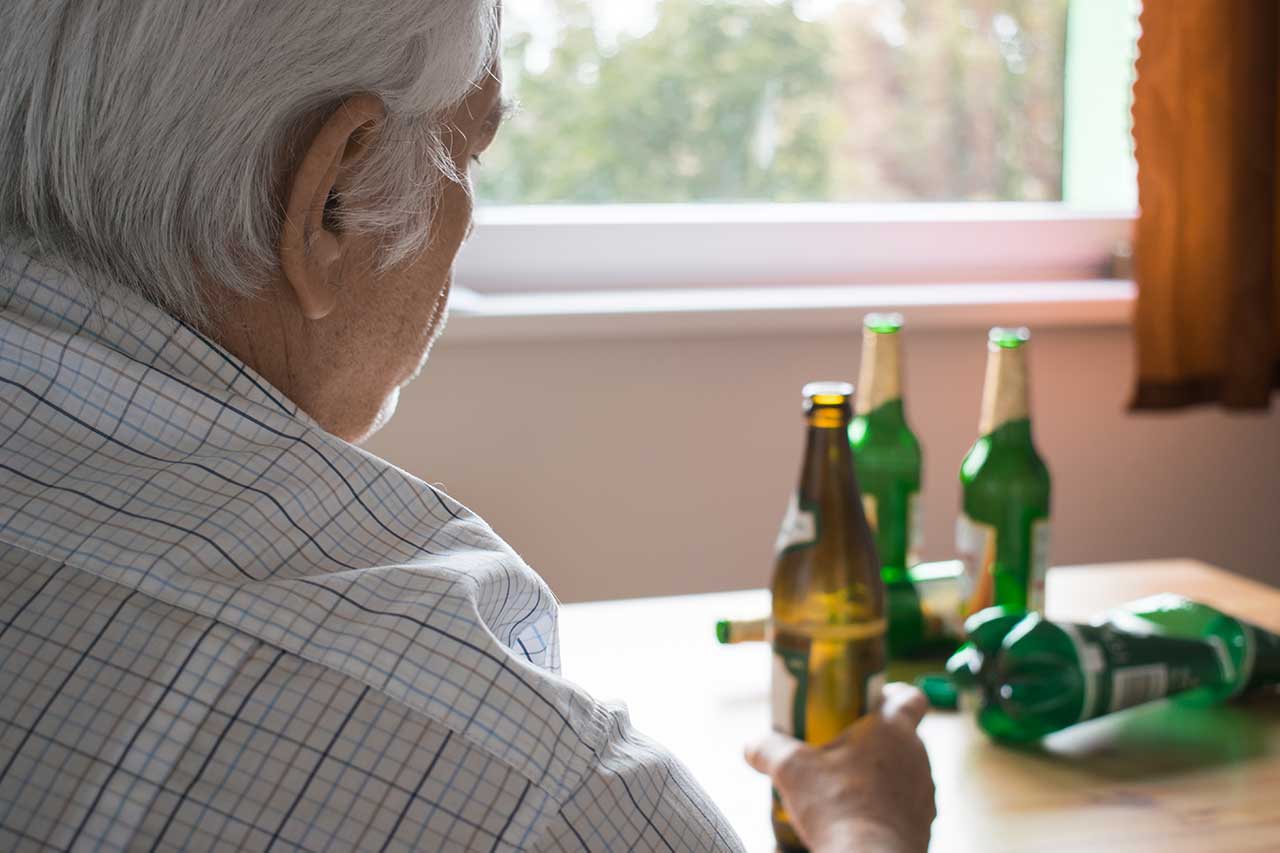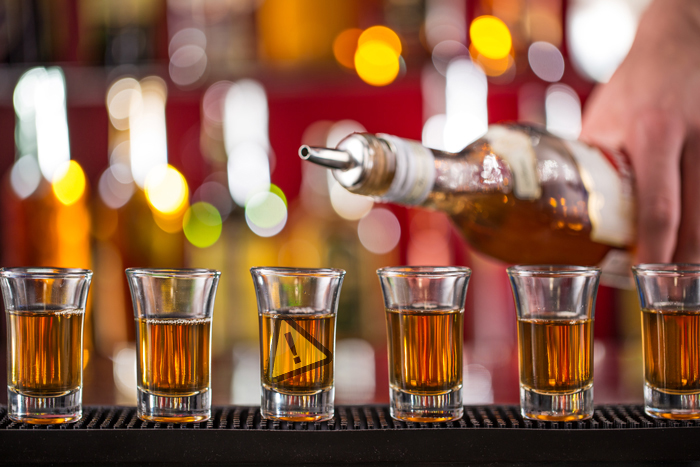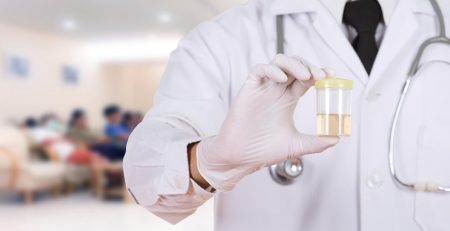Millions of people worldwide are afflicted by the complex, long-lasting autoimmune disease known as Multiple Sclerosis (MS). Its symptoms can vary widely and unexpectedly, frequently creating serious difficulties in day-to-day life. Researchers have been looking into possible variables that might affect the start and progression of the disease, despite the fact that the specific etiology of MS is still unknown. The relationship between MS and alcohol addiction is one such topic of inquiry. Behavioral Health of the Palm Beaches analyzes the two chronic conditions and how they correlate and exacerbate one another.
Questions about our Programs?
Our admissions coordinators are available 24/7 to answer any questions you may have as you consider whether treatment at Banyan is right for you or your loved one.
How Are Alcohol and MS Related?
There is mounting evidence that there may be a link between MS and drinking alcohol. Studies have looked into a variety of facets of this relationship in an effort to comprehend how alcohol might affect the onset and development of the condition.
The effect of alcohol on the immune system is a vital area of investigation. When the body’s defensive mechanisms incorrectly target the protective covering of nerve fibers in the central nervous system, MS is characterized by immune system dysfunction. Alcohol use has been shown to have immunomodulatory effects, which can change how the immune system functions. This raises concerns about whether alcohol can increase the immunological dysregulation seen in MS or interfere with the body’s capacity to respond to medicines designed specifically for MS.
Researchers have also looked into how alcohol may affect MS-related symptoms and the course of the illness. According to studies, drinking alcohol may make some MS symptoms worse, including fatigue, balance problems, and cognitive decline.1 The effects of alcohol on the central nervous system may combine with the neurological problems already present in MS patients, exacerbating or prolonging these symptoms. People with MS must understand the connection between alcohol and their symptoms because doing so can help them make changes to their lifestyle that will help them better manage their illness.
Can Alcoholism Cause Multiple Sclerosis?
It is crucial to make clear that alcohol does not cause Multiple Sclerosis (MS), even though the precise origin of the disease is still unknown. Multiple Sclerosis (MS) is a complicated autoimmune condition influenced by a number of genetic, environmental, and immunological variables. Alcohol use does not directly cause or provoke it.
The majority of research has been devoted to figuring out how alcohol might possibly affect the onset, severity, or progression of MS symptoms. It is important to stress that alcohol does not cause MS to develop, though. MS is thought to be brought on by a confluence of environmental triggers, such as viral infections, vitamin D insufficiency, and smoking, as well as genetic predisposition.
Studies are continuously being conducted on the connection between MS and alcohol with the goal of understanding how drinking affects the progression of the illness. It is crucial for MS patients to speak with medical professionals who can offer tailored advice about alcohol intake and its potential impact on their unique circumstances. People with MS can make educated decisions about their alcohol consumption as part of their overall lifestyle management by considering their specific health state, medications, and preferences.
Get a Free Insurance Verification Today!
"*" indicates required fields
Healing From Alcohol Abuse
If a person continues to abuse a substance like alcohol despite the risks and negative side effects presented, it could be a sign that an addiction is present. Should you or a loved one be faced with this predicament, we offer alcohol addiction treatment in Lake Worth that can help. We also advise that patients begin their alcohol recovery process with treatment at our BHOPB detox center. Our alcohol detox program will effectively address any withdrawal symptoms that present themselves, all under the guise of clinical professionals.
Call the intake specialists of our Banyan Lake Worth rehab at 561-220-3981 to learn more about our options for alcoholism recovery and how to begin the sobriety journey.
Source
Related Reading













